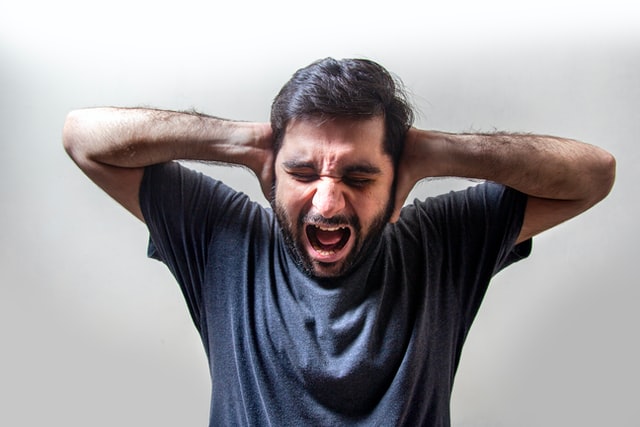Panic Attacks

Panic Attacks
These attacks generally last for a few minutes but can be very scary and may last longer. Sometimes a person with a panic attack may check himself in the Emergency room as these panic attacks may resemble a heart attack. Most panic attacks subside eventually but fear of having another attack is very disabling. The Occurrence of frequent panic attacks and subsequent effect in onces life is known as Panic disorder. The Panic disorder can interfere with several aspects of life. It can lead to various avoidance behaviors and rituals to avert having another panic attack. These behavior changes can have a negative impact on quality of life. If you think you suffer from panic disorder then you need professional help.
How panic disorder can be diagnosed?
Panic disorder can be diagnosed with a detailed psychological evaluation, complete physical examination, some blood test and an electrocardiogram ( ECG) may be needed. The blood test helps us to rule out any other physical health issue before we start the treatment of panic disorder. It is very important to understand the origin of symptoms and other underlying physical health issues before treating panic disorder.
If you think you suffer from panic disorder then please consult your healthcare provider.
Panic attack
Panic attack is a sudden rush of fear and anxiety with or without a known trigger. These anxiety episodes accompanied by a variety of physical manifestation, some of them are
Palpitations, pounding heart, or accelerated heart rate
Chest pain or discomfort
Sensations of shortness of breath or Feeling of choking
Feeling dizzy, unsteady, lightheaded, or faint
Sweating
Trembling or shaking
Nausea or abdominal distress
Derealization (feelings of unreality) or depersonalization (being detached from oneself)
Fear of losing control
Fear of dying
Numbness or tingling sensation
Chills or hot flushes.
Frequently Asked Questions
Panic attack can be managed with psychotherapy and medication management.
Psychotherapy- several anxiety relaxation techniques can be used to treat the panic attack. In Psychotherapy a person can learn about triggers and work to reduce the frequency of panic attacks. Psychotherapy also helps in teaching different anxiety relaxation techniques. These relaxation techniques can be helpful to avoid the attack and also decrease the severity of panic attack symptoms.
Medication management- The Medications can be used as needed to avoid the attack and can be taken on a regular basis to over decrease the frequency of attack. The decision is based on frequency and severity of panic attack. If panic attacks are very infrequent then only as needed medications may be helpful, But if frequency of panic attacks are high then regular medication are more useful. These medications can also help with coexisting diagnosis of depression etc.
Ideally one should be seeing the mental health provider to discuss the different treatment options, but if it is not possible for some reason then a person can try to use anxiety relaxation techniques to decrease the severity and duration of anxiety attacks.
Various anxiety techniques can be learned and used as needed to abort the panic attacks.Some of the most common anxiety relaxation techniques are
-Deep breathing exercises,
-Visualization,
-Gradual muscle relaxation,
-Distraction
-Mindfulness etc.
Regular exercise can also help many people feel less anxious. Drinking less caffeinated drinks, e.g. coffee, tea, soda etc can help to control anxiety to some extent.